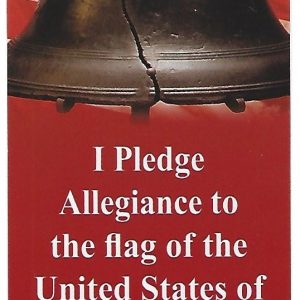Word of the Day: Tinsel
tinsel
tin-sel / tĭn-səl
adjective
1. decorated with or made from sparkly strips or threads
Overhead, on the topmost branch, the waxen Christmas angel with tinsel wings hovered over this family gathering.
From “A German Pompadour” by Marie Hay, 1873 – 1938
2. gaudy and cheap looking; showy but worthless
Unsustainable growth churns out tinsel products that consumers have to be seduced into buying – until times get tough, when they quickly give them up.
Donella Meadows, 1941 – 2001
noun
1. sparkly decorations made of thin strips or threads of foil type material
The legend of Santa Claus, the Christmas tree, the decorations of tinsel and mistletoe, and the giving of gifts all express to us the spirit of the day we celebrate; but the true spirit of Christmas lies much deeper than these.
Howard W. Hunter, 1907 – 1995
2. something that is showy and garish, with no real value
The discussions began at the hour of four, and were continued till ten o’clock in the evening; during which time I was a silent witness to a coolness and candor of argument unusual in the conflicts of political opinion; to a logical reasoning, and chaste eloquence, disfigured by no gaudy tinsel of rhetoric or declamation, and truly worthy of being placed in parallel with the finest dialogues of antiquity, as handed to us by Xenophon, by Plato and Cicero.
Thomas Jefferson, 1743 – 1826
verb
1. to decorate with sparkly, foil-like strips of material
In fact, they tinselled the entire house.
Sharyn O’Neill, ”Decorations up fast but Christmas shopping is another story”, ‘The Courier Mail’, November 29, 2012
2. to make something appear showy or garish
They [sunbeams] tinselled the buckles on the two pairs of shoes and spotlighted the confusion of clothes on a moulded chair.
From “Happiness Guaranteed” by Wendy Laharnar, ? –
etymology
Through the Anglo-French noun tensel (spark) and the Old French noun estencele/estinsele (spark, spangle) from the Latin feminine noun scintilla, scintillae (spark, glimmer, trace, particle).
Thank you to Allen Ward for providing this etymology.




